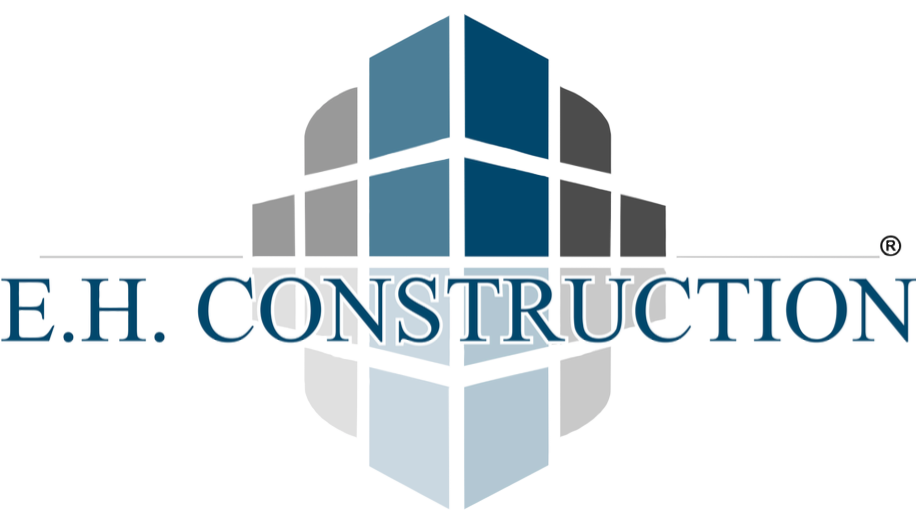Why Good Construction Companies Say “No” Sometimes (And Why That’s a Very Good Thing)
Let’s face it—no one likes to hear “no.” It stings a little, whether you're asking your crush out or trying to squeeze a rooftop pool into a 1920s bungalow with expansive soils and a slanted grade. But here’s the thing: when a top-notch construction company tells you “no,” it’s not rejection—it’s protection.
That “no” might just save you thousands of dollars, months of headaches, or even structural failure. So, grab your hard hat and let’s dig into why the best contractors, home builders, and general contractors sometimes pull out the ol’ stop sign.
1. The Design Looks Cool… But It’ll Collapse
You might have a dreamy floor plan drawn on a napkin (we’ve seen it), complete with floating staircases and glass walls. But if a contractor says no, it’s probably because they ran the numbers, checked the blueprints, ran it through BIM (Building Information Modeling) or CAD (Computer-Aided Design), and realized your dream house could quickly become a house of cards.
There are things like footer (footing) strength, framing limitations, and load-bearing girder trusses to consider. Add in factors like glulam beams and form stability, and it’s clear—this stuff’s not just plug-and-play.
2. The Budget Doesn’t Match the Vision
We all want champagne tastes on a ready mix concrete budget, but solid custom home builders will be the first to say, “This project doesn’t align with your budget.” They’re not being stingy—they’re being realistic.
They look at your cost codes, check material needs (fascia, flashing, green board), and calculate the true cost to build a house. If they know you’re headed for constant change orders and budget blow-ups, they’ll hit pause before things spiral.
3. Permits, Permits, Permits
We wish building construction was just about pouring concrete and cranking the backhoe, but there’s a ton of red tape. General contractors know the local codes, city quirks, and the exact dimensions of what’s allowed on your construction site.
Sometimes, a great idea isn’t up to code—or would take years to get through zoning. Instead of saying yes and winging it, ethical builders will give you a firm “no,” followed by a better alternative.
4. Safety First, Always
Let’s say you want to skip GFCI (Ground Fault Circuit Interrupter) outlets in the bathroom to save costs. Or maybe ditch felt (underlayment) because you like “minimalism.” Any construction worker worth their salt will tell you: NOPE.
That’s because safety isn’t optional. A reputable construction company is licensed, bonded, insured, and committed to safety protocols—whether it's proper damp proofing, installing fire-resistive materials, or making sure your foundation won’t crack under shifting soil.
5. It’s Not the Right Fit
Sometimes, you’ll meet a builder, exchange pleasantries, talk floor plans and frieze boards, and everything feels right—until it doesn’t. If the vibes are off, or the timeline is unreasonable, or the bid structure doesn’t work (cost-plus contract, anyone?), a good company may respectfully decline.
It’s like dating. Not every construction company is the one. And that’s okay.
6. You Deserve Better Than a Rush Job
Got a wild idea and want it done yesterday? Good builders know quality takes time—there’s floating concrete, drying timelines, material sourcing, scheduling with multiple trades, and filing a proper daily report.
If a client pushes for a shortcut, a good general contractor won’t sacrifice quality (or safety) for speed. They’ll say no to unrealistic timelines because a rushed job is often a ruined job.
7. Your Dream Build Could Be a Future Lawsuit
Let’s say you want to skip the form, skimp on grade prep, and throw in a hot tub on the second story. The best home builders see the future—and it includes cracks, rot, leaks, and maybe a court date.
That “no” is their way of saying, “We want to build your dream, not your downfall.”
So What Should You Do When a Construction Company Says No?
Ask why, then listen. That “no” might lead to a better plan, a more solid foundation, or even a new design that’s cheaper and smarter. When a company has the guts to protect your investment, even when it’s unpopular, that’s a team you want on your side.
Final Thoughts
A good contractor doesn’t say no to be difficult. They say no because they’ve seen what happens when projects go off the rails—when someone ignores a bad grade, skips damp proofing, or gambles on a poorly drawn floor plan.
So next time you hear “no,” smile. It means your construction company cares more about the long-term integrity of your home than making a quick buck. And that’s exactly who you want managing your building construction project.
Got a project in mind? Our team doesn’t say yes to everything—but when we do, you’ll know it’s because it’s built to last. 💪🛠

